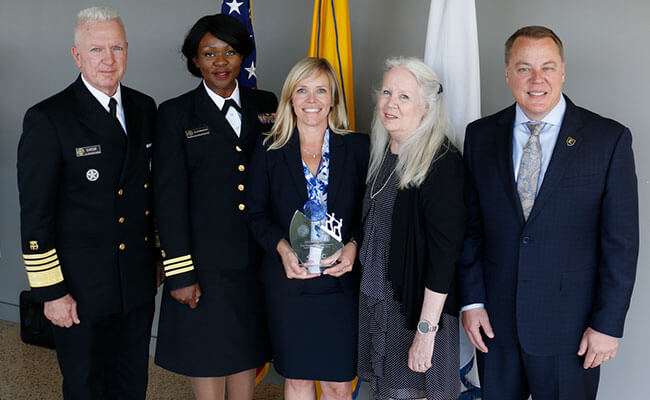The university is recognized for its collaborative efforts and work with the community to curb opioid use.
By Emily Jacobs
Even as health experts and community leaders across the country launch various initiatives to address the ongoing opioid crisis, the situation remains dire. In Tennessee, more than 1,186 state residents died from opioid overdoses in 2016, a rate of more than three deaths every day, according to the Tennessee Department of Health. Physicians prescribed state residents a total of 6.9 million prescriptions for pain medication that same year. Law enforcement officials have seen a rise in heroin and fentanyl use, while hospital staff witnessed increased emergency room visits related to opioid use. Fragmented resources and a lack of coordination have hindered the state’s attempts to resolve this wide-reaching problem.
East Tennessee State University’s multidisciplinary opioid program recently received the 2018 Public Health Excellence in Interprofessional Education Collaboration Award. Given by the U.S. Public Health Service (USPHS) and the Interprofessional Education Collaborative (IPEC), the award (now in its second year) recognizes collaborators in health professional schools that take a unique approach to addressing public health issues. ETSU researchers have found that both collaboration and community focus are two major factors in curbing the opioid crisis.
ETSU’s program began in 2012, when a small group of experts gathered to discuss and brainstorm the region’s opioid problem, forming the Prescription Drug Abuse and Misuse Working Group. The working group applied for and received a five-year grant from the National Institute on Drug Abuse.



